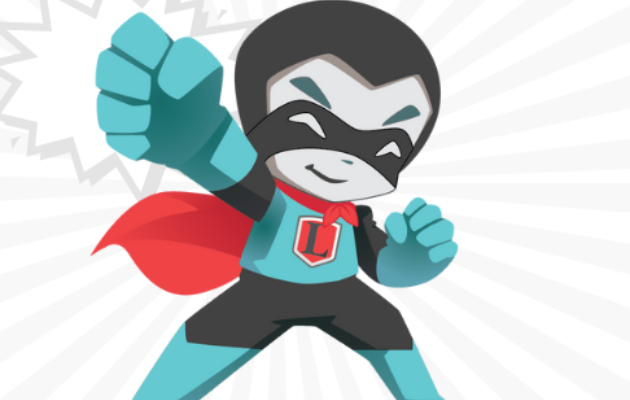What's Your Language Superpower?
Core Skills Empower Language Learners to Grow Personally & Professionally

By Erin Whelchel, ACTFL Outreach Manager

In celebration of the fifth annual Lead with Languages Advocacy Month, we're exploring the many important core skills that language learners acquire in tandem to their target language itself. By supporting language education at the local, state, and federal levels, we not only promote the value of multilingualism, but we also help to create and sustain the language programs that are actively developing 21st century global citizens by imparting both linguistic and these core skills.
Research shows that language learning provides a wealth of cognitive benefits—such as boosting academic achievement in other subject areas, enhancing critical-thinking skills, and improving memory, concentration, and decision-making abilities. It builds strong communications skills and fosters a greater capacity for empathy, tolerance, and cultural awareness. It's truly no wonder that ninety percent of U.S. employers, when surveyed, express a reliance on employees with skills in languages other than English! Both in the workforce and in their communities, multilinguals of all ages have the tools they need to interact effectively with others while taking into consideration cultural sensitivity, diverse perspectives, and creative and innovative approaches to problem-solving.
This February, we're generating awareness about these core skills and empowering learners to identify their own #LanguageSuperpower!
Is your superpower Communication? Empathy? Self-Confidence? Take our quiz to find out and learn more about each core skill. Then be sure to share your results on social media using the hashtag #LanguageSuperpower to join in the fun and spread the word about the value of these skills.
(The best part, of course, is that you don't need to identify with only one predominant skill: As a language learner, you have ALL of these superpowers within you!)
Wondering what to do next with your superpower?
Search for your quiz results in the list below for some suggested community-building and advocacy activities suited to your unique strengths and interests. Then click on the buttons to download our eight printable mini posters for your classroom, school, office, or campus.
Put Your #LanguageSuperpower Into Action!
Critical-thinking skills, memory, concentration, pattern-analyzing, multi-tasking and decision-making abilities.
- Challenge yourself to identify ways to use your target or heritage language for projects in other disciplines or subject areas outside of the language classroom.
- Become familiar with some data on the value of language learning. Write a letter to the editor or brief article advocating for language education to submit to a school newsletter, paper, or other local media.
Active listening, providing and receiving feedback, collaboration and team work.
- Seek authentic ways to engage with others in your target or heritage language: Interview a family member, write to a pen-pal, or use your skills in the community when visiting restaurants or local businesses.
- Raise your voice to advocate for language education by posting on social media when you come across other language learners doing amazing things!
Sensitivity to cultural differences, appreciation and respect, making connections to other cultures and perspectives.
- Consider organizing one or more extracurricular activities on a cultural theme at your school—like a culinary demonstration, music recital, or international movie night.
- Identify and share ways for students at your school to get involved in cultural events and activities happening in the broader local community.
Perspective, lifelong learning, sense of wonder and adventure.
- Discover books, music, and films/shows in your target or heritage language!
- Have you ever considered becoming a language educator? Speak with your teacher about the profession. Interested in exploring another career? Speak with a bilingual professional in that field about how language skills have contributed to their work (or check out some testimonials by professionals across sectors on our blog).
Compassion, tolerance, perspectives and inclusion.
- Connect with and get to know the international or exchange students at your school!
- Use your language skills on campus, in your community, or abroad while completing a volunteer project.
Academic achievement in other subjects, job market competitiveness and travel.
- Speak with a school counselor or academic advisor about possible internships, fellowships, summer or study abroad opportunities (and funding options) that would bolster your language skills.
- If your school offers the Seal of Biliteracy, work to earn this recognition and encourage other students to do the same.
Creativity, flexibility, conflict resolution, puzzle-solving and goal-oriented planning.
- Join—or start!—a language club, lunch table, publication, or other student-led language group on campus.
- Let your creativity shine! Submit works in your target or heritage language to contests, your school's literary magazine, or another creative outlet.
Self-esteem, resilience, determination and courage.
- Ask your language teacher about opportunities to mentor or tutor fellow learners who could use additional support.
- Share your language journey with others! In sharing your testimonial with younger learners, peers, administrators and others, you are supporting efforts to advocate for language education.
